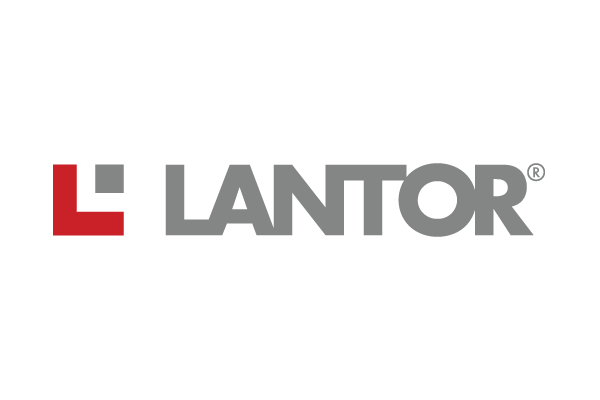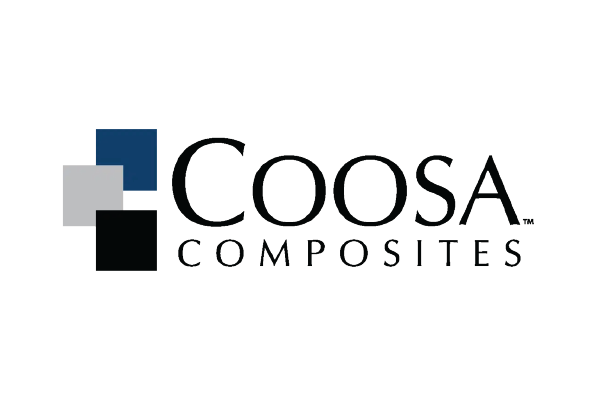- Core Materials for Composite Manufacturing | Leading Composites Supplier
Core Materials for Composite Manufacturing
Core materials are essential for creating strong, lightweight, and high-performance composite structures. At Tricel Composites, we offer a wide selection of foam, honeycomb, wood, and specialty cores to suit applications across marine, aerospace, automotive, and construction industries. Explore our range to find the ideal solution for your project.
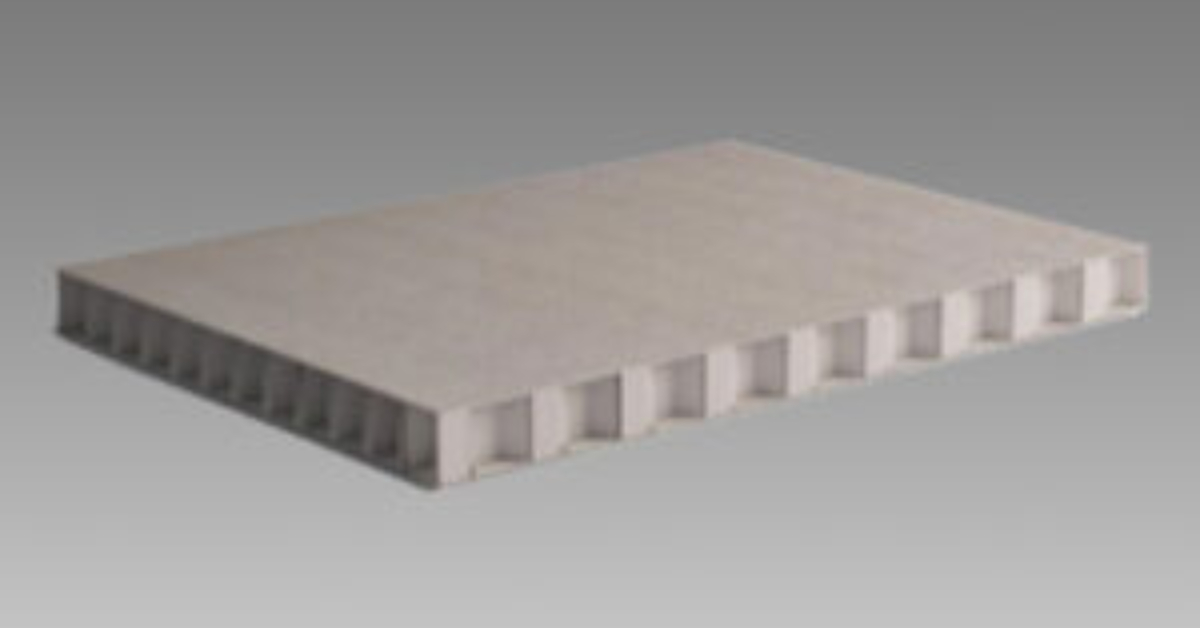
Benefits of Core Materials For Composite Manufacturing
Increasing stiffness, decreasing weight, and improving mechanical performance make sandwich composites highly popular.
Projects that use core materials benefit from weight reduction, which leads to:
Lower fuel consumption
Increased speed
Higher load capacity
Reduced carbon footprint
In engineering theory, a panel’s stiffness is proportional to the cube of its thickness. Adding a low-density core material significantly increases a composite’s stiffness with minimal additional weight.
A wide variety of core materials is available, offering different densities, sizes, weights, lifespans, physical characteristics, and costs. This range allows users to select the most suitable material for their specific applications. Honeycomb and PVC foam rank among the most commonly used high-quality core materials.
Core materials offer the best solution for composite applications where high stiffness and low weight are essential. Thanks to these unique properties, industries extensively use core materials in sandwich composites, especially in aerospace, marine, wind energy, transportation, and industrial sectors.
Structured composite sandwich materials consist of two thin, strong skins bonded to a lightweight, softer core. Each skin typically consists of either an isotropic material or a fibre-reinforced composite laminate. These skins provide bending stiffness, in-plane shear strength, and absorb axial, bending, and shear loads. The core must remain stiff enough to prevent the skins from sliding over each other when loaded and strong enough to maintain their positions under shear forces.
Manufacturers apply adhesive between the facings and the core to make them act as a single, integrated structure. Common adhesives include epoxies, modified epoxies, and epoxy polyamides. The adhesive’s toughness, measured under static or dynamic conditions, reflects its ability to resist forces trying to separate the facing from the core.
Although each individual component remains relatively weak and flexible, combining them into a sandwich panel creates a strong, lightweight structure.
our range of core materials
Primary Types of Core Materials for Composite Manufacturing
secondary Type of Core Materials for Composite Manufacturing
Honeycomb Core
Industries such as aerospace, marine, military, construction, sports, and automotive widely use honeycomb core materials for their high strength-to-weight ratio. Manufacturers create honeycomb by shaping aramid fibre paper into a hexagonal structure that resembles a bee’s honeycomb.
To enhance mechanical properties and add stability, the hexagonal cells receive a coating of heat-resistant phenolic resin. This honeycomb structure delivers excellent strength and efficiency while significantly reducing a component’s weight. As a result, honeycomb is regarded as a highly effective core material.
Manufacturers also produce honeycomb cores using other materials, including different types of aramid paper, plain paper, aluminium, and plastics such as polypropylene. Additionally, fibreglass and carbon fibre reinforced plastics are used to create specialised honeycomb cores.
For more detailed information, visit Polypropylene Honeycomb Core
PVC Foam
Polyvinyl chloride foam, more commonly known as PVC foam, consists of polyvinyl chloride polymer filled with air bubbles. This combination produces a consistent material with high volume and low weight. Most resins, including epoxy, vinylester, and others, bond easily with PVC foam, making it highly versatile. It also supports various fibre reinforcements such as carbon, aramid, Kevlar, and fibreglass.
PVC foam is available in two forms: cross-linked (rigid) and linear (ductile). Thanks to its excellent physical properties and low water absorption, PVC foam sees frequent use in marine construction. It also serves a vital role in transportation, aerospace, military, wind energy, and other industrial markets.
Plywood
Plywood shares a structural similarity with honeycomb core materials. It is easy to source, more affordable than many alternative core materials, and simple to work with. Widely used in construction, plywood offers high strength and strong resistance to cracking, shrinkage, and twisting, making it a preferred alternative to solid wood.
Marine-grade plywood improves moisture resistance, although all wood cores remain vulnerable to moisture if not properly sealed. Enclosing wood cores in epoxy resin is essential to prevent rot and maintain durability.
Balsa Wood
Balsa wood is another common choice for core applications. Known for its very low density and moderate water resistance, balsa also provides excellent thermal insulation and acoustic absorption. It easily forms into various shapes without requiring expensive or complex equipment. Because of its relatively high minimum density, balsa wood is often selected when weight savings are less critical than other performance factors.
Polyurethane Foam
Polyurethane (PU) foam offers good mechanical properties and maintains elevated temperature resistance and strong acoustic absorption. However, this material may become prone to delamination as it ages. Manufacturers often machine PU foam to achieve specific shapes and dimensions for various applications.
Pseudo cores
Pseudo cores, such as Coremat and Spheretex, are not classified as true core materials. Instead, they serve as thin, low-density layers designed to reduce the density of a single-skin laminate. These materials, which often incorporate microspheres or volumized glass, enhance laminate stiffness while adding only minimal weight. Pseudo cores are commonly used in fibre-reinforced laminates to increase structural performance efficiently.
PET Foam
Thermoplastic polyethylene-terephthalate (PET) foam is lightweight, recyclable, and known for its excellent strength and temperature resistance. However, it offers only moderate impact resistance. PET foam continues to grow in popularity for eco-conscious and durable composite applications.
Polystyrene
Commonly known as Styrofoam, polystyrene serves as a low-cost, lightweight core material. Available in expanded (EPS) and extruded (XPS) forms, polystyrene offers relatively low water absorption compared to other foams like polyurethane. The surfboard and windsurfing industries extensively use Styrofoam in board manufacturing, as almost all boards contain this material. Its machinability, including compatibility with CNC processes, makes polystyrene an excellent choice for prototyping and custom shaping.
Our Core Materials Suppliers
Tricel Composites distributes reinforcements from leading manufacturers including Lantor, Coosa Composites, Spheretex, Trident Foams Ltd, and ThermHex across the UK and Ireland. These trusted partners enable us to offer a versatile range of high-quality core materials designed to meet the demands of modern composite applications.
LANTOR
Lantor is a specialist in nonwoven-based material solutions for composites, cable protection, and surface insulation. With over 60 years of experience, they offer high-value products like Soric® and Coremat® for lightweight, durable FRP applications. Tricel Composites supplies Lantor’s advanced materials, trusted for their performance and ease of processing.
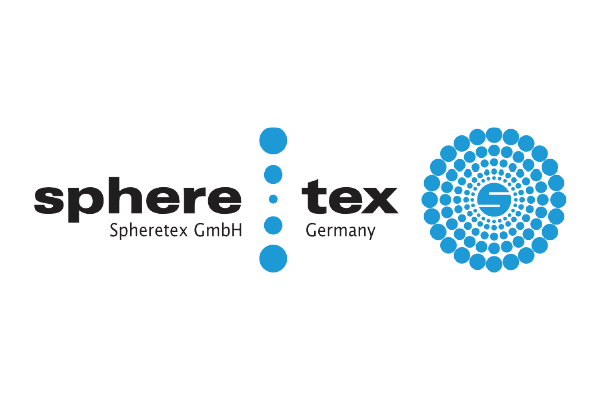
SPHERETEX
Spheretex produces laminatable core materials for lightweight composite parts, combining reinforcement, core, and flow media in one solution. Their fiberglass-based products are engineered for efficient closed-mold processing. Tricel Composites offers Spheretex materials for marine, transport, and industrial applications requiring strength and reduced weight.
COOSA COMPOSITES
Coosa manufactures structural composite panels reinforced with fiberglass and high-density foam, offering a lightweight, rot-free alternative to plywood. Their Bluewater and Nautical panels are widely used in marine, transport, and construction sectors. Tricel Composites distributes Coosa’s durable panels, valued for strength, longevity, and ease of use.
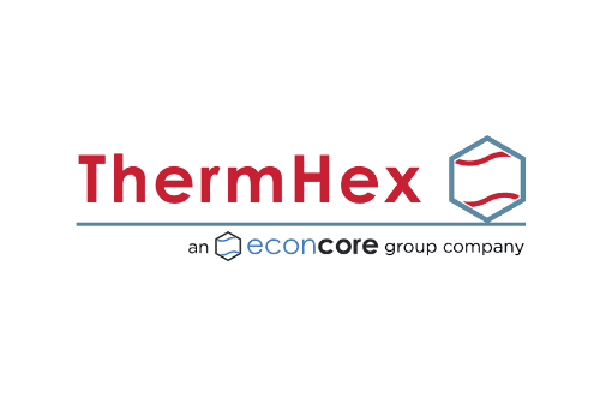
THERMHEX
ThermHex produces polypropylene honeycomb cores for lightweight sandwich panels, offering excellent strength-to-weight ratios and sustainability. Their production process ensures cost-effective, high-quality cores for automotive, marine, and industrial use. Tricel Composites supplies ThermHex cores for efficient, eco-conscious composite solutions.
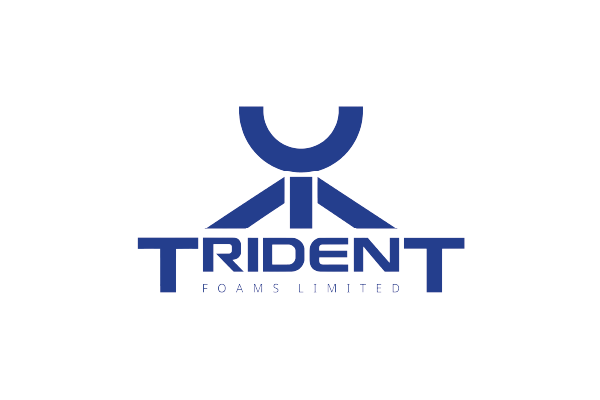
TRIDENT FOAMS
Trident Foams is a UK-based manufacturer of rigid polyurethane and specialty foam cores. With over 50 years of experience, they serve marine, construction, aerospace, and renewable sectors. Tricel Composites distributes Trident’s bespoke foam solutions, known for versatility, precision, and quality.
- Why Choose Us?
Why Choose Tricel Composites for your composite material needs?
At Tricel, we strive to achieve the highest standard of quality with every undertaking. This includes all individual projects elements such as organisations, production processes and customer service. Our bespoke capabilities also include all aspects of design, delivery and build. We pride ourselves in producing high-quality results, and due to this have been employed and utilised by many of today’s leading industry brands.
cUSTOMER sERVICE
We assign each customer a dedicated composites account manager to ensure their needs are met - driving service excellence and continuous improvement.
dELIVER ON tIME
On-time delivery is a core requirement of our business. We use a network of specialist couriers to ensure your delivery arrives on time, every time.
cERTIFIED pRODUCTS
All Tricel Composites products are rigorously tested and certified to meet stringent industry standards, ensuring consistent quality, safety, and performance.
60 Years in Business
Tricel Composites is part of the wider Tricel Group, with over 60 years’ experience across design, manufacturing, and distribution in the composites industry.

